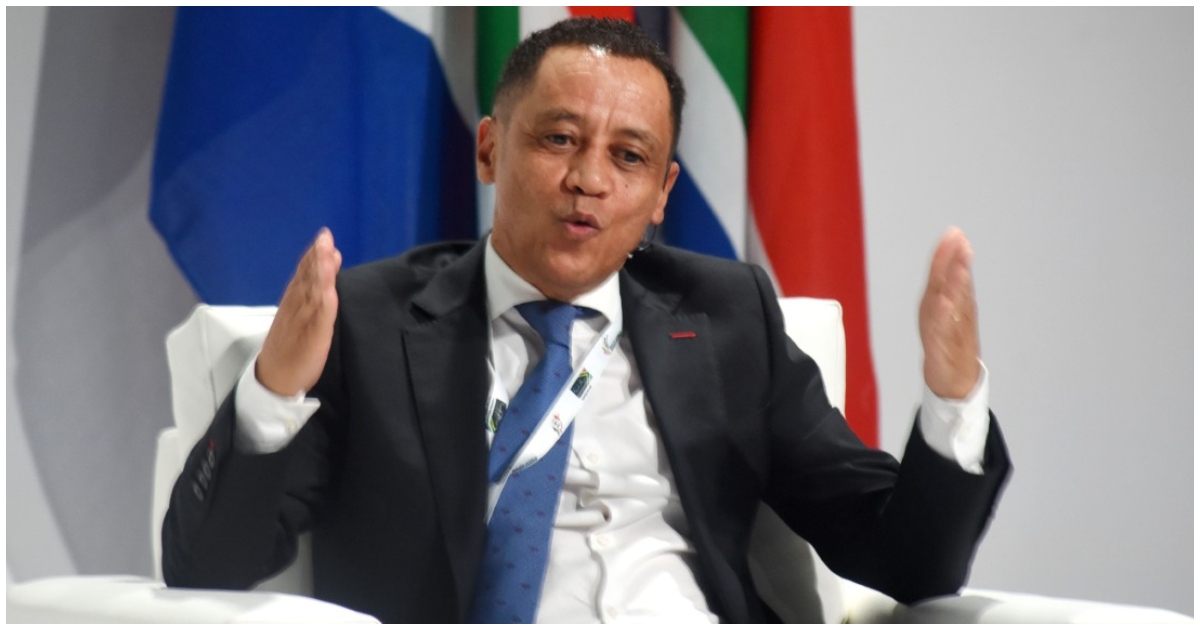Seriti Green Breaks Ground on Landmark Renewable Energy Project
Seriti Green, a subsidiary of Seriti Resources, has commenced construction on the Ummbila Emoyeni project in Mpumalanga. This groundbreaking initiative marks South Africa’s first majority black-owned wind farm. Unveiled to media and stakeholders on July 17, the project signifies a crucial step in Seriti’s strategy to diversify beyond coal and support the country’s just energy transition (JET).
The R4.8-billion Ummbila Emoyeni project represents Seriti Green’s inaugural major venture since Seriti Resources acquired Windlab last year. Mike Teke, Seriti Resources Group CEO and Seriti Green chairperson, emphasized the need for a gradual and sustainable transition from coal.
“We’re not abandoning our coal operations,” Teke stated. “Rather, we’re building a bridge to a sustainable energy future while maintaining our current operations until a long-term phase-out can be achieved.”
Ambitious Plans for Renewable Energy Generation
The first phase of the 155 MW wind energy facility is currently under construction, with completion expected by mid-July 2026. However, this is just the beginning of Seriti Green’s ambitious plans.
Peter Venn, CEO of Seriti Green, outlined the project’s full scope: “Once completed in 2027, the entire project will generate 900 MW of power – 750 MW from wind and 150 MW from solar. This will supply 75% of Seriti’s operational electricity needs and provide power to surrounding communities through a wheeling arrangement.”
Venn emphasized the project’s integration with Seriti’s existing coal business. “It is not about either coal or renewables,” he explained. “Rather, it is about coal and renewables working together to ensure a sustainable energy future for South Africa.”
Fostering Local Economic Development and Skills Transfer
The Ummbila Emoyeni project is set to have a significant impact on local economic development. Seriti Green is committed to sourcing equipment locally and exploring options for local manufacturing of components.
To support sustainable job creation in Mpumalanga, the project features an on-site training simulator. This facility will prepare workers for a future where coal power stations are decommissioned, ensuring a smooth transition for the local workforce.
“We’re not just building a wind farm,” Venn stated. “We’re investing in the future of Mpumalanga and its people. Ten percent of Seriti Green’s workforce comes from the coal sector, underscoring our commitment to cross-skilling and upskilling workers.”
Environmental Stewardship and Community Engagement
Environmental considerations have been at the forefront of the Ummbila Emoyeni project’s planning. Extensive studies conducted prior to construction have limited the project’s land use to just 1% of the available area, protecting the environment and local infrastructure.
Community and stakeholder engagement have been pivotal since 2021. Seriti Green established a portal in 2022 to inform small and medium-sized enterprises and job seekers about opportunities. To date, approximately 6,800 people have registered, demonstrating the project’s potential for local job creation.
Venn praised the local government’s support, highlighting its proactive role in ensuring stakeholder and community involvement. “This project is a testament to what can be achieved when public and private sectors work together towards a common goal,” he said.
A Milestone in South Africa’s Renewable Energy Journey
The Ummbila Emoyeni project represents a significant milestone in South Africa’s renewable energy journey.
According to the South African Wind Energy Association (SAWEA), wind technology accounted for 4.9% of the electricity produced in the first quarter of 2024, making it the leading renewable energy technology in the country’s energy mix.





